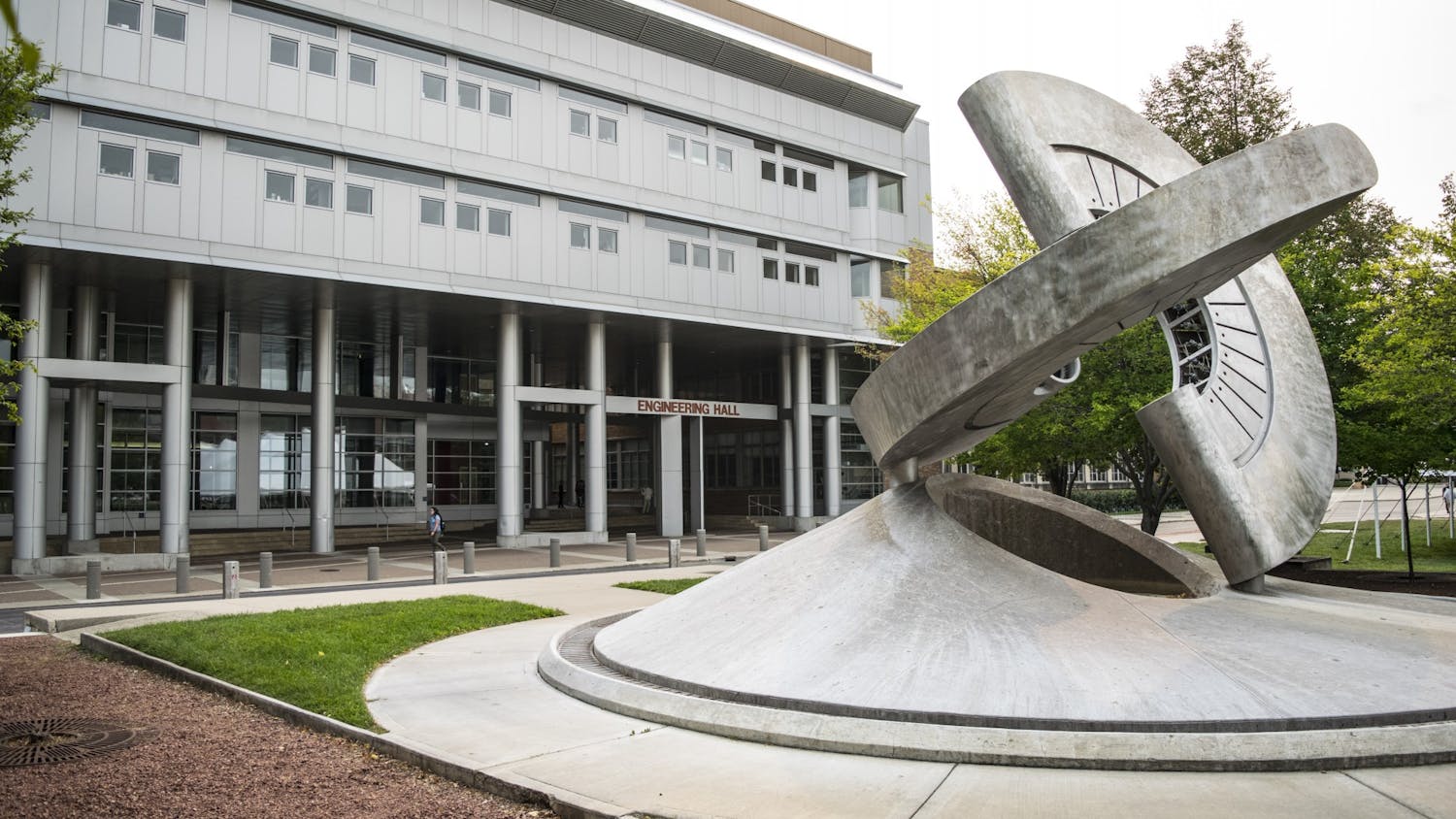Wednesday, Gov. Tony Evers proposed a new addition to the state 2019-’21 biennial budget that would eliminate the the Dark Store Loophole.
Dark Store Loophole is a tax break opportunity for retailers that file their tax claims using the value of the vacant or lower-status stores instead of their top or fully-operational stores — resulting in an individual property tax reduction, offsetting and reducing tax revenue for local governments.
UW-Madison Professor Andrew Reschovsky of Economics explained retailers’ logic for using this loophole.
“The owners of big-box stores have recently started arguing that even if their stores are doing very well and they are making ample profits, their property tax payment should be based on what they their stores would be worth if they were empty,” Reschovsky said.
The property tax reduction affects local municipal services such as police, street maintenance, sanitation, fire, public education, etc.
Reschovsky explained the two consequences placed on local government to accommodate for the loss of tax revenue.
“The local government would have to raise its tax rate. This would mean higher taxes for residential property and for all owners of commercial properties other than big-box stores,” Reschovsky stated. “… [or] to cut spending of local governments. That would mean less money for schools, public safety, snow plowing, etc.”
The pushback against Dark Store Loopholes was initiated in 2008 during the State Supreme Court decision of Walgreen Co. v. City of Madison. The court case’s objective was to examine the completeness and accuracy of big box retailers’ value assessments for their taxes. The case showed no fault for Walgreens, however the topic continues to be controversial throughout the state.
A referendum regarding the loophole was posed on the midterm ballot this past election to gauge Wisconsinites’ position with a majority voting in favor of termination.
Additionally, many Democratic legislators, as well as Madison Mayor Paul Soglin, stepped forward in support of Gov. Evers’ proposal stating that it is a nonpartisan solution for tax inequality.
“For too long, homeowners and small business owners have had to increasingly bear the burden of this tax shift so national retailers can receive an unfair tax break,” Rep. Gordon Hintz, D-Oshkosh, stated in a press release.
Rep. Katrina Shankland, D-Stevens Point, shared, “For years, local government leaders and homeowners have urged us to close the Dark Store Loophole and offer relief from the costly legal challenges that well-funded national retailers keep bringing to our communities.”
Gov. Evers will be presenting his budget in the upcoming weeks. It is likely this proposal will be included, in addition to other tax-related legislation such as the controversial middle class tax cut.
State News Writer






